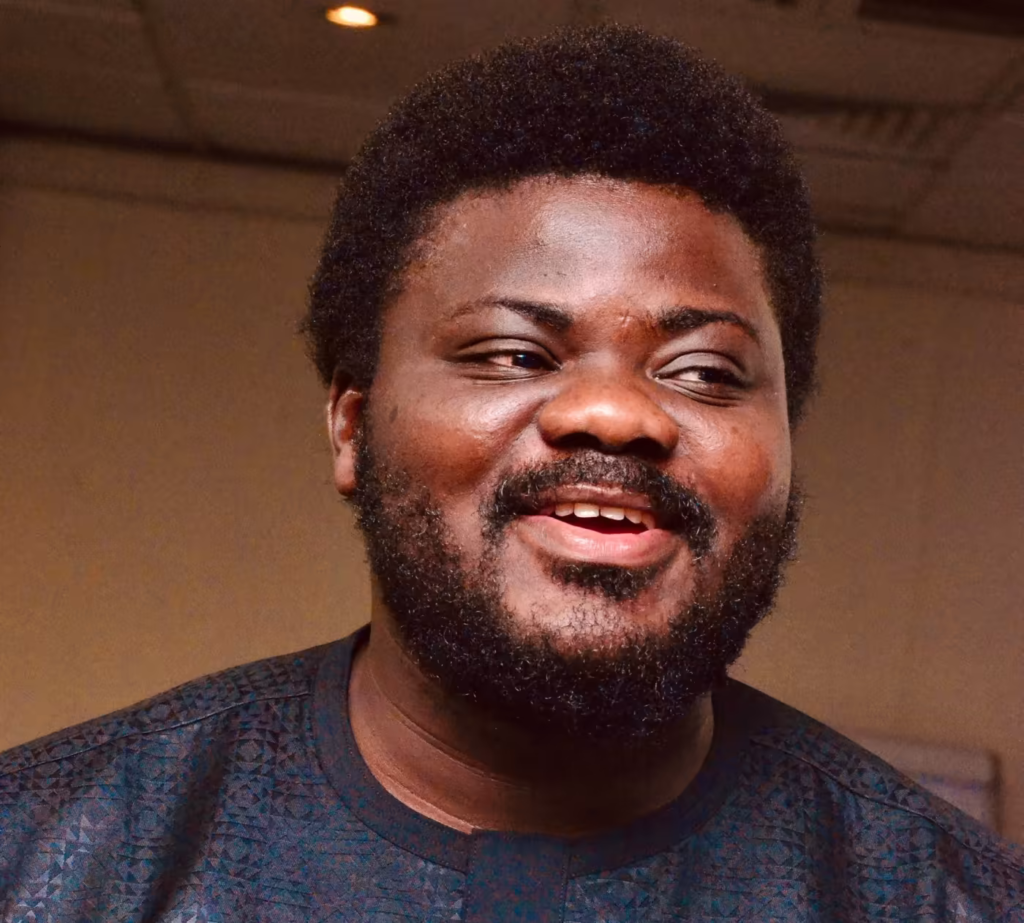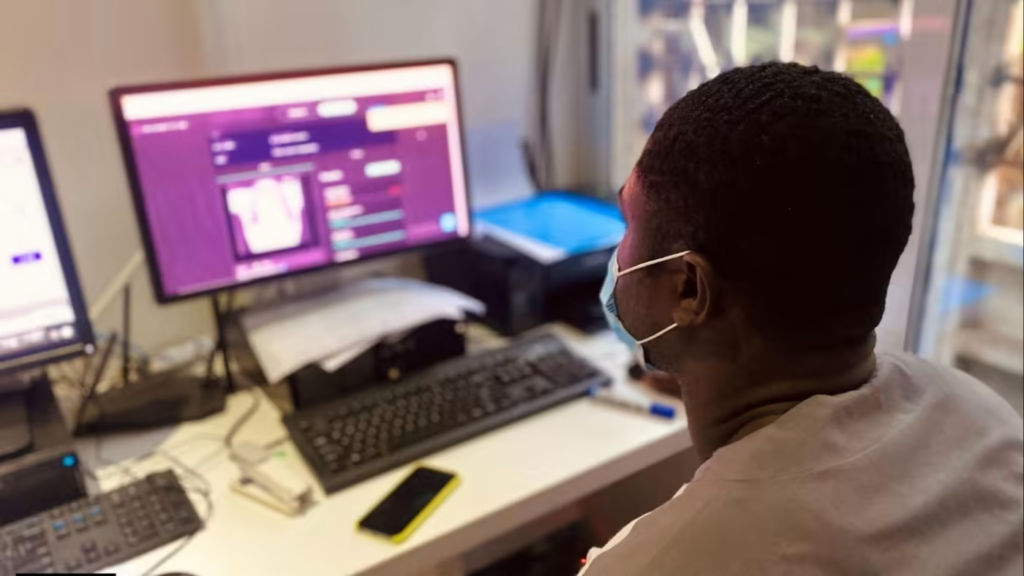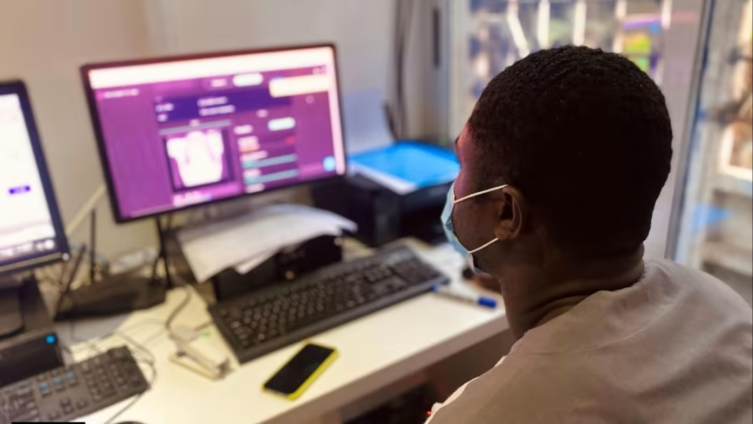MinoHealth AI Labs — based in my home city of Accra, Ghana’s capital — specialises in providing artificial intelligence for healthcare applications, such as medical image interpretation.
I started the company in 2016 while living in Europe and returned to Ghana the next year, aiming to deploy deep learning (DL) to aid hospital diagnoses for diseases from diabetes to breast cancer.
Today Accra has grown into an important AI hub for Africa — and demonstrated how a city can foster a community of young tech-savvy entrepreneurs. But, when I founded minoHealth AI Labs a few years ago, the technology — especially DL — was a novel domain.
Very few AI labs exist in the world. Accra people are some of the most hospitable in the world, a quality characterised by the warm greeting “Akwaaba!” (“Welcome!”) that Ghanaians generally give.
However, their initial distrust of artificial intelligence made me realise I needed to become an AI evangelist.
MinoHealth AI Labs held its first AI event in Ghana in July 2018. For my talk on “Artificial Intelligence and Deep Learning: How Africa Can Be Revolutionised”, only about half a dozen people attended.
So we partnered with Global Lab Ghana, a Stem (Science, Technology, Engineering and Maths) focused community of students and teachers in Accra, who share knowledge more widely through interactive sessions.
At an introduction to AI, several of the young attendees were tech founders from across Africa participating in the MEST programme — a continent-wide technology entrepreneur training scheme, seed fund and incubation network for tech start-ups.
A number of those attending asked if we could organise AI training sessions. As a result, we ran short introductory courses to DL through a new organisation I founded, the Runmila AI Institute.
Such initiatives have helped grow Ghana’s AI ecosystem. It now has more than 1,000 young AI engineers, data scientists and enthusiasts.
Some are at minoHealth AI Labs and KaraAgro AI, my other artificial intelligence start-up focused on food security and climate challenges.

In healthcare, showcasing AI’s potential in medicine and biomedicine has been important in attracting stakeholders.
We produced our first paper on applying AI to nutrition and dietetics in early 2018. A little later, biomedical engineer Xavier Palmer joined minoHealth AI Labs and we published papers on AI’s application to such areas as 3D bioprinting and regenerative medicine, cancer research and immunology.
We formed research partnerships with London’s Imperial College and others to apply AI and, broadly, digital diagnostics to help combat diseases like malaria. Our consortium support has come from bodies such as the National Institute for Health and Care Research (NIHR), the UK government’s major funder of clinical, public health and social care research.
We have had collaborations with such bodies as the University of Oxford contributing to AI global health strategies and innovation challenges. For the UN, minoHealth AI Labs contributes to the development of global standards and regulation in AI for health.
An AI clinical evaluation study in Africa that we recently made benchmarked minoHealth AI Labs’ medical image interpretation system against radiologists using data from Ghana, Vietnam and the US. AI outperformed the radiologists.
Out of this work, we created our platform that supports the screening of medical images to detect chest conditions such as lung opacities and pleural lesions. It has been adopted by facilities and clinicians in Ghana and users from more than 20 countries in Africa, Europe, the Americas and Asia.

We are now building a generative AI system: a multimodal large language model, similar to GPT-4, for radiology and healthcare. This project is one of the Grand Challenges — “Catalyzing Equitable Artificial Intelligence (AI) Use” — with grant funding announced by the Bill & Melinda Gates Foundation.
The initial scepticism towards AI that we experienced in Ghana and elsewhere in Africa has been considerably eroded thanks to the international partnerships, funding and backing we have gained.
Organisations in Ghana and Africa now reach out to us for partnerships. We have also realised the need for coordinated national and continental initiatives on AI.
I have contributed to the Ghanaian government’s national AI and data governance strategies. For the African Union (AU), an organisation the key objective of which is to increase cooperation and integration among its 55 member states, I serve as the chair for the working group on the economy of artificial intelligence, as part of the expert group creating the AU-AI Continental Strategy for Africa.
This covers such areas as AI regulatory and ethical policy. Key AU policies include training more young Africans in AI and data science.
My belief is that Africa’s youthful population could, with AI, do what China did with manufacturing.
Today, there are AI governance initiatives in many African countries, AI communities in most major cities, and the start-up scene is maturing. In the next five years, I believe Africa will be considered a global dominant force in the AI race.
Latest Stories
-
Don’t appoint a new EC Chair; allow Jean Mensa to work – Prof. Stephen Adei to Mahama
4 minutes -
Bayer Leverkusen’s Jeremie Frimpong arrives in Ghana for visit
28 minutes -
‘It will be disastrous if Mahama removes the Chief Justice’ – Prof. Stephen Adei
30 minutes -
Jean Mensa must step down as EC Chair – APC and Movement for Change assert
49 minutes -
Akufo-Addo calls on police to refine strategies to avoid prolonged electoral unrest
53 minutes -
Only NPP looting brigade unhappy about ORAL – Ablakwa
55 minutes -
CSIR-SARI introduces integrated soil fertility management technology to boost maize production
56 minutes -
Ghana’s indigenous agribusiness faces challenges impacting economic growth – Dr. Azinu
58 minutes -
41-year-old man arrested over illegal power connection
60 minutes -
65-year-old man plans to walk over 250-km Kumasi-Accra journey for Mahama’s swearing-in
1 hour -
Woman dies after being set on fire on NYC subway
3 hours -
Elon Musk’s curious fixation with Britain
3 hours -
EBID wins the Africa Sustainability Award
5 hours -
Expansion Drive: Takoradi Technical University increases faculties
9 hours -
SHS heads demand payment of outstanding funds before reopening of schools
9 hours

